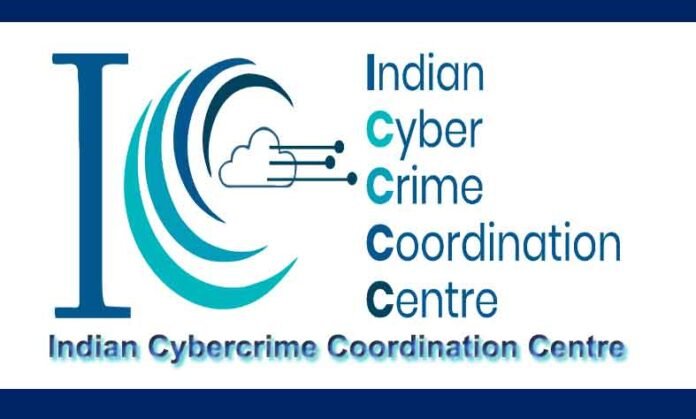Government security agencies warn the public about an increase in fake emails and e-notices used by cybercriminals to extort money. Learn how to protect yourself from these scams.
Amid the rising cases of fraud involving fake emails and e-notices, the Center has once again urged the public to exercise caution. Cybercriminals are not only targeting ordinary citizens but are also deceiving individuals associated with various investigative agencies of the Home Ministry by sending these fraudulent messages. In response, the Center continues to issue advisories and warnings, urging people to remain vigilant.
Government security agencies have reiterated that cyber fraudsters are sending fake emails and e-notices, accusing recipients of serious crimes such as child pornography and child sexual abuse. These fraudulent communications, often bearing the seals of official investigative agencies, are used to extort money by threatening punitive action. The notices typically demand cooperation within 24 hours, warning that failure to comply will result in legal action and arrest.
Investigative agencies advise the public not to respond to these fraudulent messages and to immediately report them. They emphasize that legitimate investigative agencies never send such emails or e-notices. Upon receiving suspicious communications, individuals should contact the relevant agency to verify their authenticity. Reports of such incidents can be made through the cybercrime helpline number 1930, the Indian Cyber Crime Coordination Center website, or at the nearest police station or control room.
















